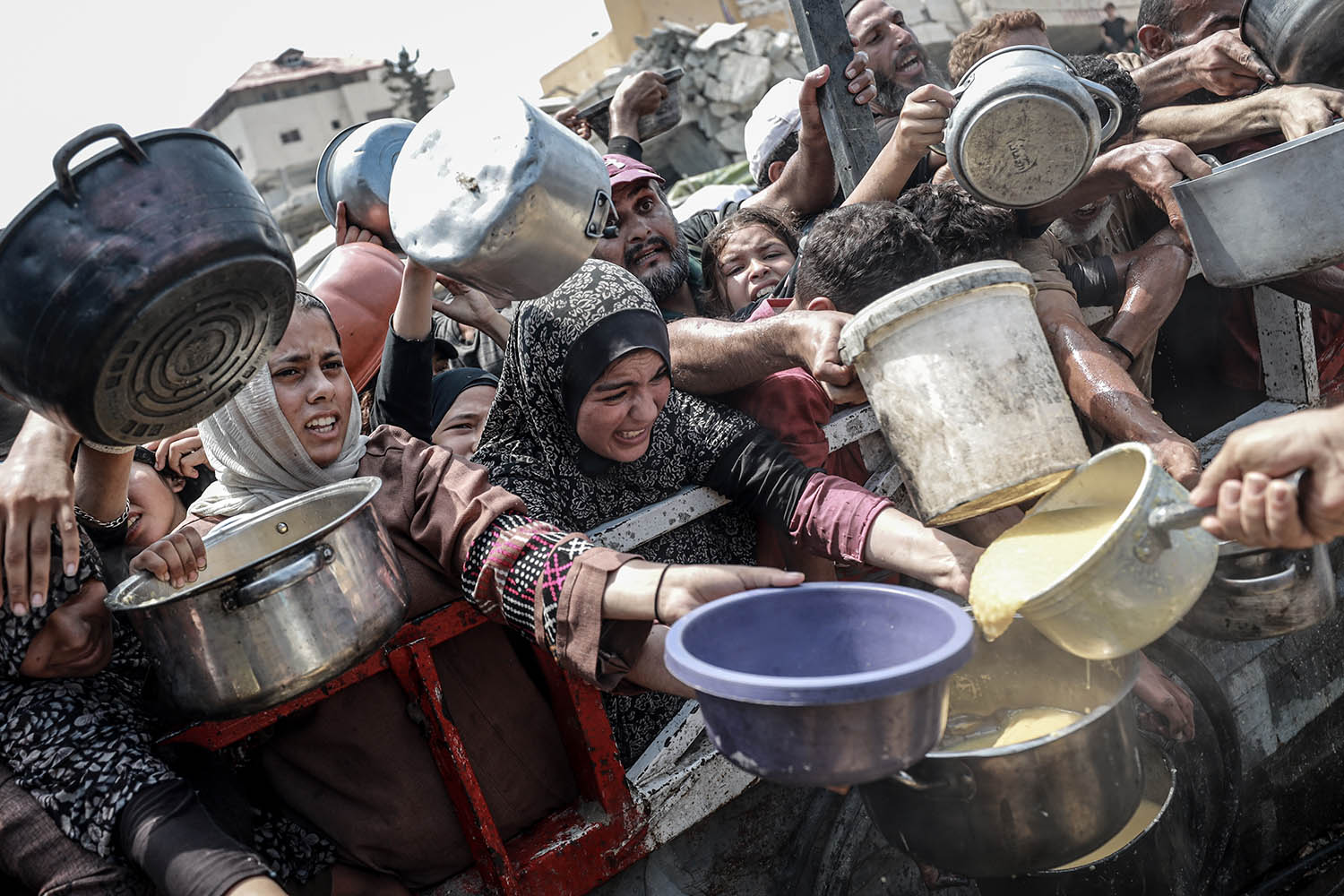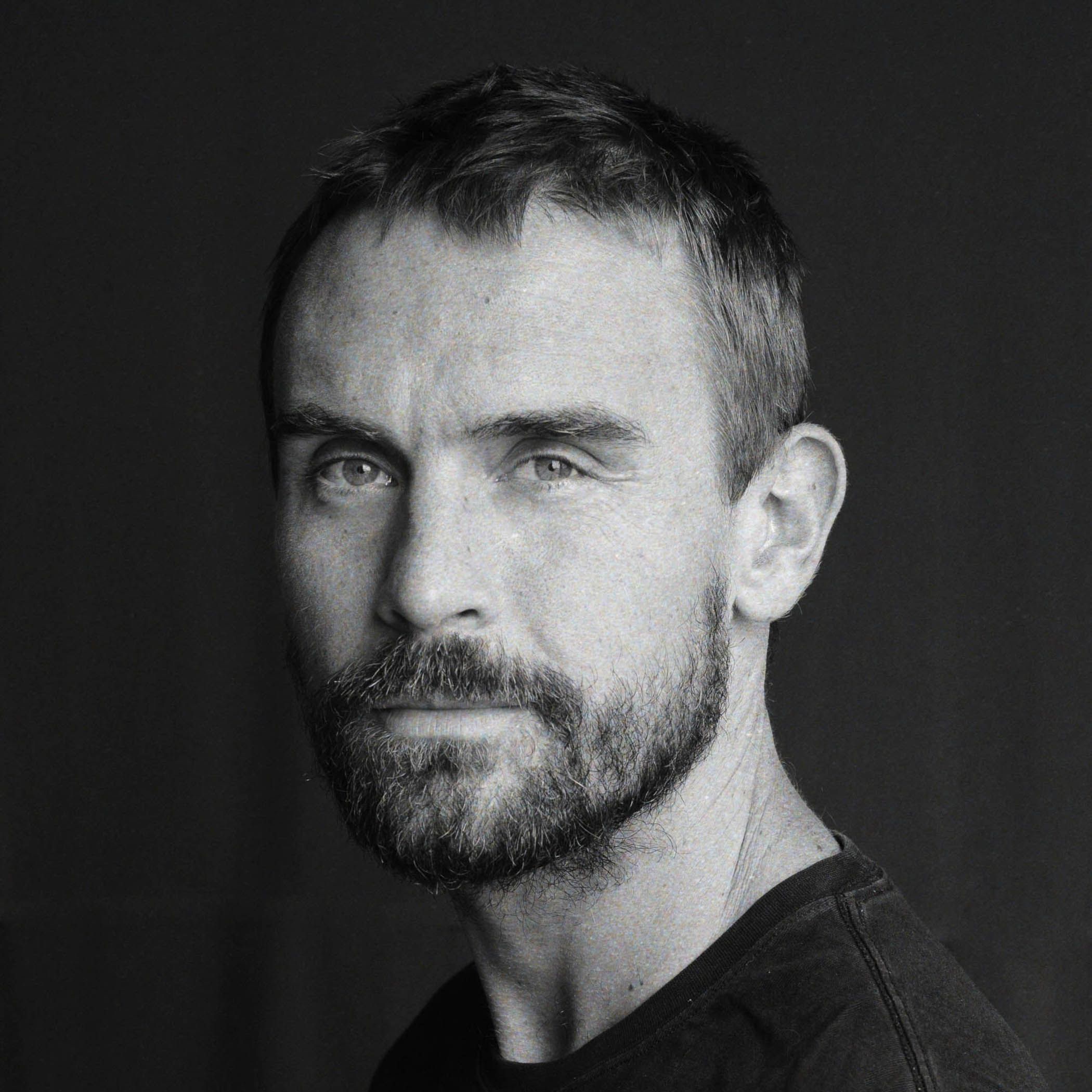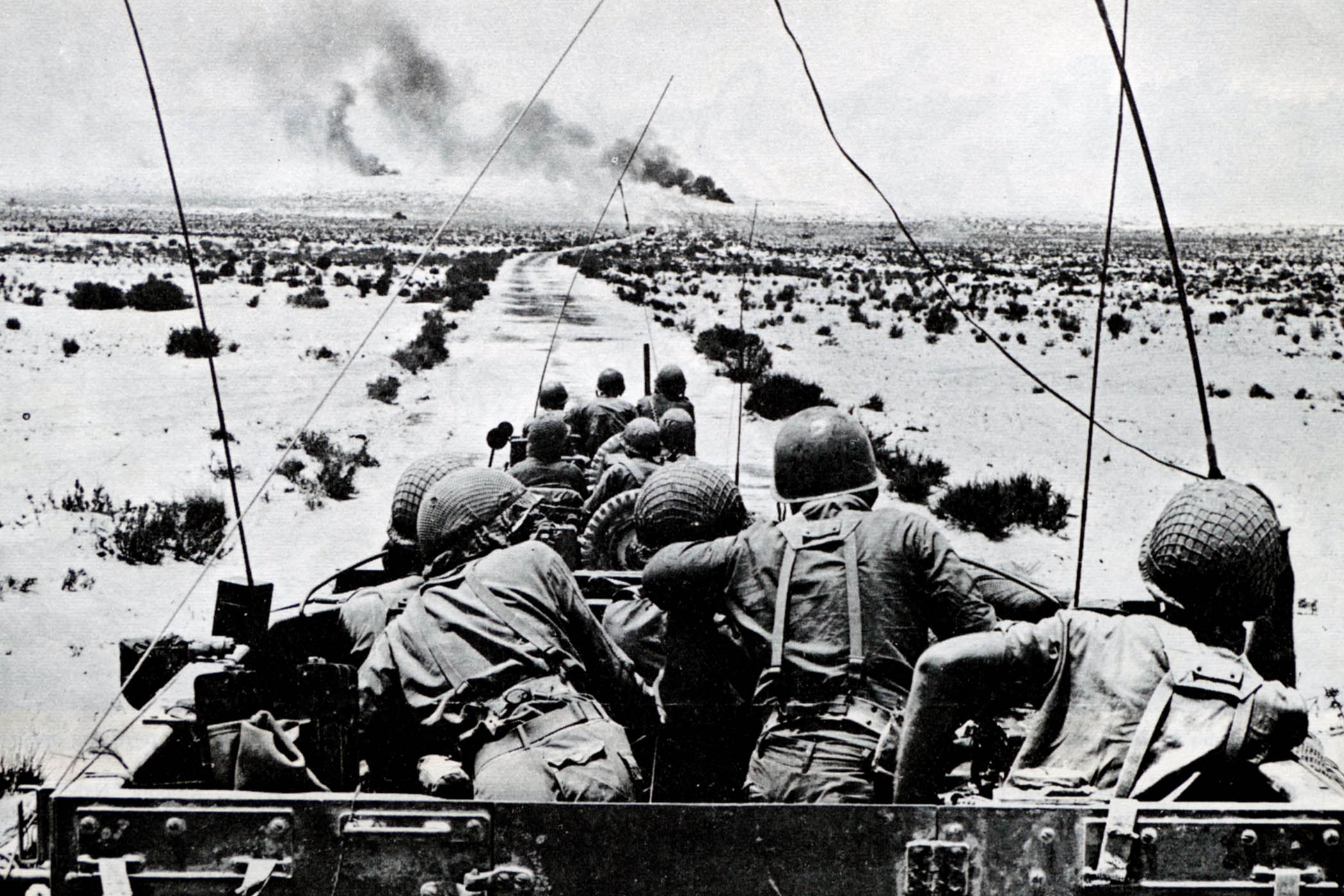On Sunday Israel announced it would pause military operations each day in parts of Gaza and set up safe routes for aid convoys. Yesterday, two planes from Jordan and the UAE airdropped 17 tons of humanitarian aid into the Palestinian enclave.
So what? It’s so far from enough. Twenty-one months into Israel’s war in Gaza, aid agencies are warning of “mass starvation”. Tom Fletcher, the UN’s aid chief, says one in three people hasn’t eaten for days.
By numbers
500 aid trucks entered Gaza daily before October 2023.
80 per cent of Gaza’s population relied on aid before the war.
28 trucks now enter Gaza on average each day, according to Amnesty International.
1 aid truck can fit almost 19 tons of food aid, according to figures from the World Food Program.
Israeli checks. On 2 March, Israel reinstated a total blockade of the Gaza strip, following the collapse of January’s ceasefire. Israeli authorities say screening is necessary to prevent Hamas from diverting supplies, but aid agencies accused Israel of deliberately throttling aid.
•
Entire consignments are rejected if one item is considered “dual-use” and potentially dangerous.
•
Aid organisations say Israel often fails to clarify which items are restricted, leading to delays and denials.
•
Some Israeli officials have admitted the limits aim to exert pressure on Hamas - turning aid into a tool of leverage.
•
Unlike conflict zones such as Syria or Yemen, Gaza lacks an independent UN cross-border monitoring system to streamline and guarantee humanitarian access. That gap leaves Israel with unilateral control over approvals.
Related articles:
What is getting in? International aid agencies like Oxfam, Save the Children and MSF are still delivering vital services in Gaza, from clean water and sanitation repairs to mental health support and cash aid. But fuel and other supplies are nearly gone.
“The siege imposed by Israeli authorities prevents aid agencies from scaling up or sustaining relief efforts,” said Nour Shawaf of Oxfam. “Until it is fully lifted, the ability to support Palestinians in Gaza will remain severely constrained, exacerbating needs and prolonging immense suffering.”
Newsletters
Choose the newsletters you want to receive
View more
For information about how The Observer protects your data, read our Privacy Policy
World Central Kitchen delivered 80,000 meals on 19 July - barely enough for a single meal for 4 per cent of the population - before food ran out.
What isn’t. UN agencies report 120,000 metric tonnes of food are sitting in warehouses outside Gaza: a three-month supply. Around 6,000 trucks loaded with supplies are stuck in Egypt and Jordan, awaiting Israeli clearance.
Total stockpiles outside Gaza amount to 240,000 metric tonnes.
Diminishing supplies. In May the Gaza Humanitarian Foundation (GHF), a private firm using private military security contractors, said it would deliver food at sites throughout the besieged strip. The controversial Israeli and American backed organisation began delivering aid with Israel’s approval. The UN refuses to cooperate with GHF, citing its lack of neutrality.
•
GHF runs just four sites in southern and central Gaza, far fewer than the hundreds previously operated.
•
Over 1,000 Palestinians have been killed by Israeli fire while trying to access aid at these sites since May.
•
GHF claims it has delivered 86 million meals. “Not talking points, not headlines, but food,” a spokesperson told ABC news.
•
Oxfam rejects this: “We do not need, and will not accept, military or profit-driven intermediaries overriding principled aid delivery.”
And finally… In a new report by the Israeli human rights group B’Tselem, the organisation accuses a “genocidal regime in Israel” of “working to destroy Palestinian society in Gaza.” The report also features a legal-medical analysis by Physicians for Human Rights-Israel, which says it has documented the deliberate and systematic destruction of Gaza’s healthcare system. On Monday a spokesperson for the Israeli government called the allegation “baseless”.
Graphic by Bex Sander. Photograph by Khames Alrefi / Anadolu via Getty Images.



